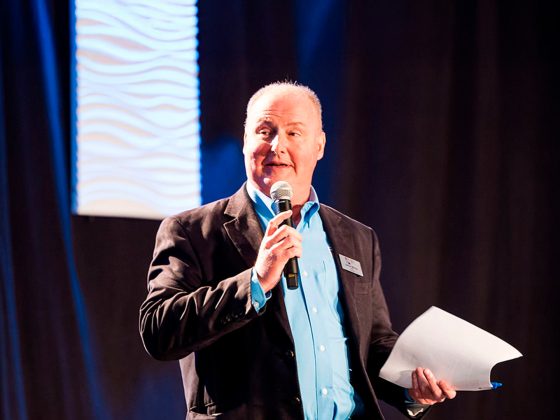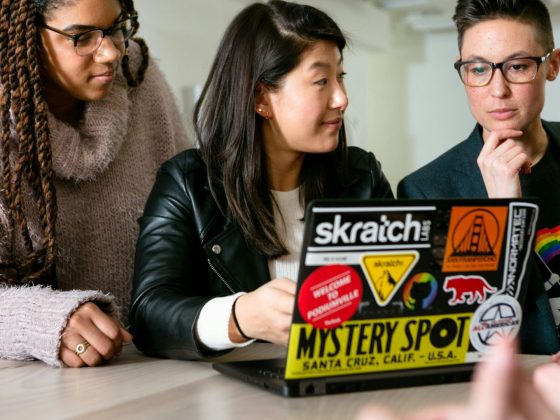Self-awareness forms the bedrock of effective leadership, yet many struggle to translate this concept into tangible practices. Leadership development expert Rahul Karan Sharma has spent years helping professionals build awareness skills that drive meaningful change. Through his workshop “Guiding Lights” and leadership ambassador program, Rahul teaches practical techniques that transform leadership effectiveness by focusing first on understanding oneself.
Mastering Micro Moments
For leaders seeking genuine self-awareness, Rahul recommends starting with consistent small reflections rather than occasional deep dives. “The term that I want to use is master your micro moments. Don’t wait to become aware of yourself only on those big moments,” Rahul explains. He believes true growth happens in everyday interactions that most people overlook. This approach means examining how you show up in meetings, conversations, and routine decisions. “Many times, I have seen people don’t do any preparation for meetings, and they don’t do any reflection after meetings. That’s an irony because we know we have this scheduled, but we are into so much hustle and bustle of life that we don’t do any preparation,” Rahul points out. He suggests pausing both before and after interactions to assess your mindset, responses, and outcomes.
These small moments of reflection build a foundation for deeper awareness. “Pause and reflect on why you responded a certain way, what belief is driving your decisions, and how you could have done better,” says Rahul. By making reflection a daily habit rather than a special exercise, leaders develop awareness muscles that serve them in all situations.
Making Feedback a Superpower
Another critical element in building self-awareness is actively seeking input from others. Rahul believes leaders should “make feedback your superpower” by proactively requesting it rather than waiting for formal reviews. “This is another irony I’ve seen – people don’t go and ask for feedback. They only get feedback when someone is asking them to give feedback,” notes Rahul. This passive approach limits growth and creates discomfort when feedback finally arrives. “My request to our leaders would be: go and ask for feedback as soon as you’re done with your meetings, after you’ve given any presentation, or after team briefings.” Normalizing feedback prevents the defensiveness that emerges when critique feels unusual or threatening. When feedback becomes routine, it transforms from something feared into valuable information that accelerates personal growth and team performance.
Aligning Actions with Values
Perhaps the most common blind spot Rahul observes in leaders is the gap between stated values and actual behaviors. “One of the biggest blind spots I’ve seen is when you say things as a leader because that is the right thing to say, but in reality, you are not meaning that,” Rahul explains. This disconnect damages credibility and undermines trust. Self-aware leaders consistently align their actions with their core values. “If your value system or ethics are not in your actions, then they have no meaning,” Rahul emphasizes. “You need to know what you value and why you value it. That’s what self-awareness is.”
This alignment becomes most crucial during challenges. “As a leader, you should not be judging your leadership skills when everything is hunky-dory. Your true test is when things aren’t going well – when people aren’t performing or when you don’t have all the resources. How you react in those situations is the true testament of how well you know yourself.”
Self-awareness shouldn’t wait until someone receives a leadership title. “Most leadership training happens when people become a leader, and I believe that is too late,” says Rahul. “People don’t need to wait to get the title of manager to start investing in themselves.” Statistics suggest only about 7% of leaders are truly self-aware, highlighting a significant opportunity for growth. By cultivating awareness early, professionals can become the kind of leaders others actively seek to work with. “Become the leader where people come to you because you are there,” Rahul advises. “You can only become that leader when you truly know yourself.”
Connect with Rahul Karan Sharma on LinkedIn to explore more insights on leadership, self-awareness and how Rahul unlocks transformation inside his “Guiding Lights” workshop.










